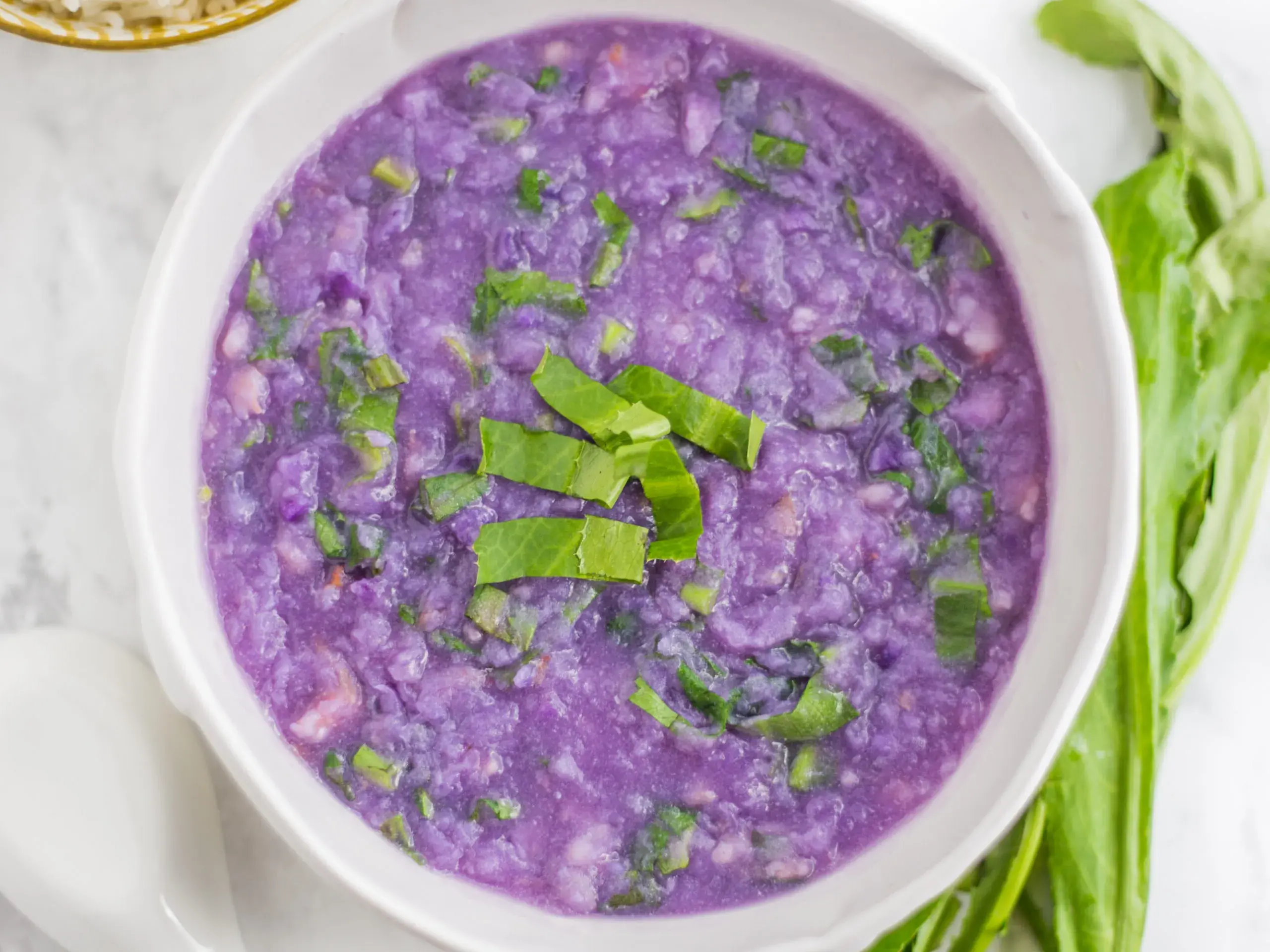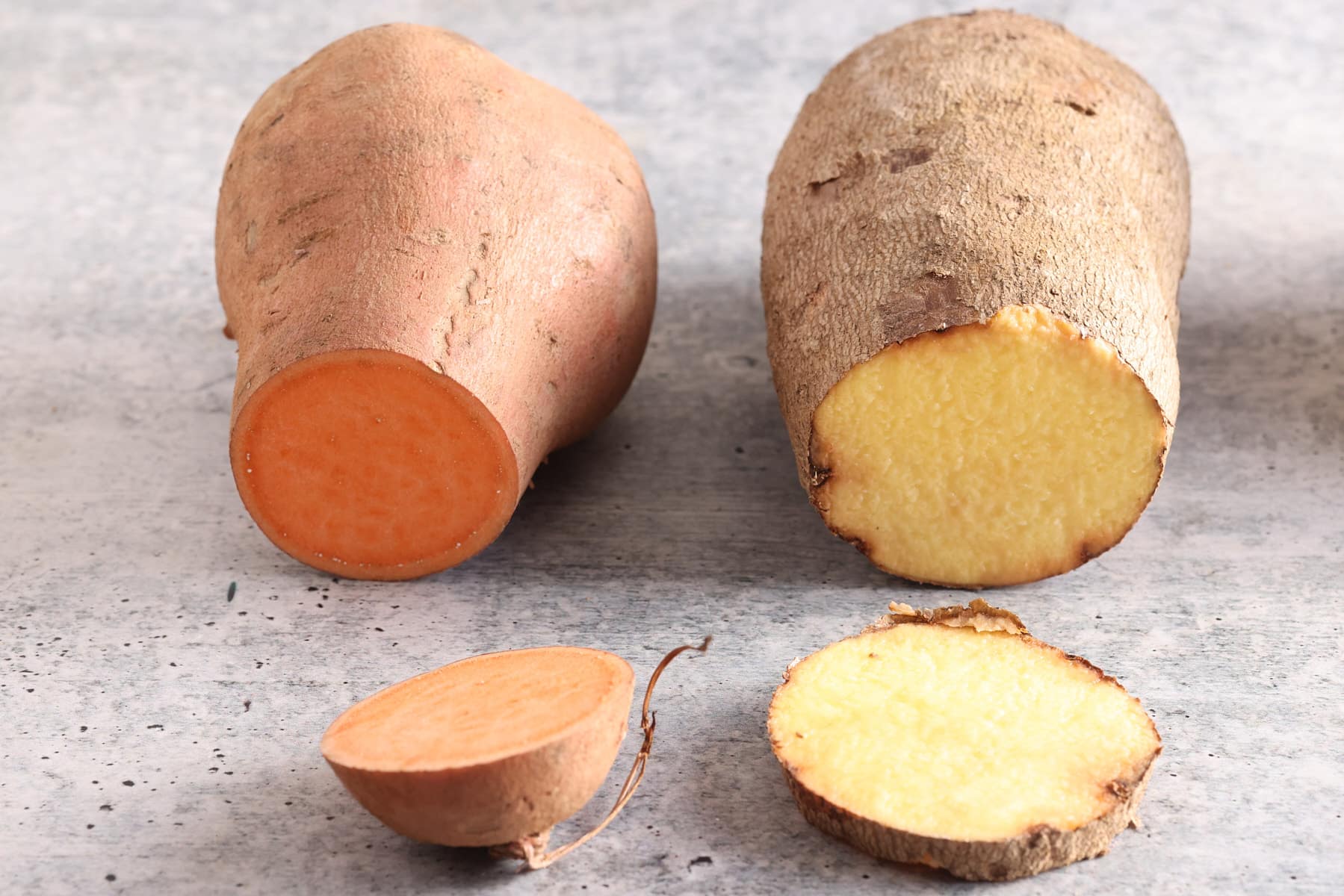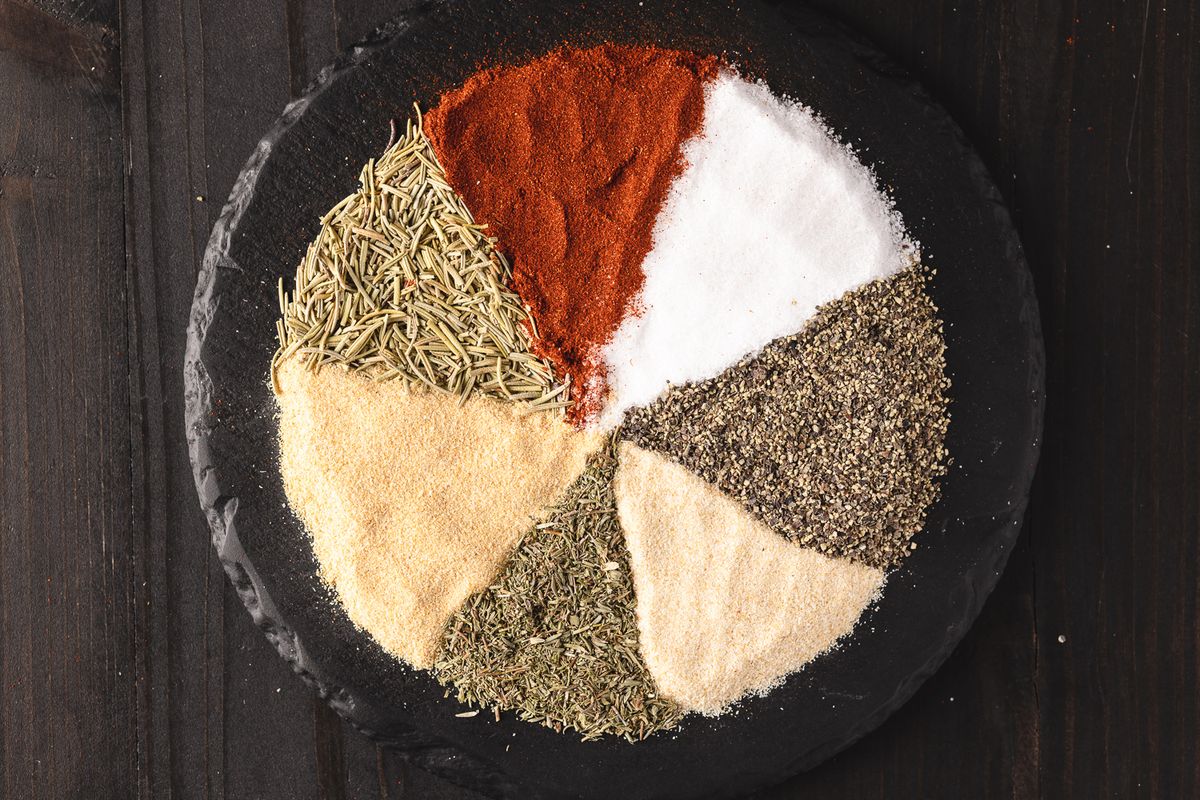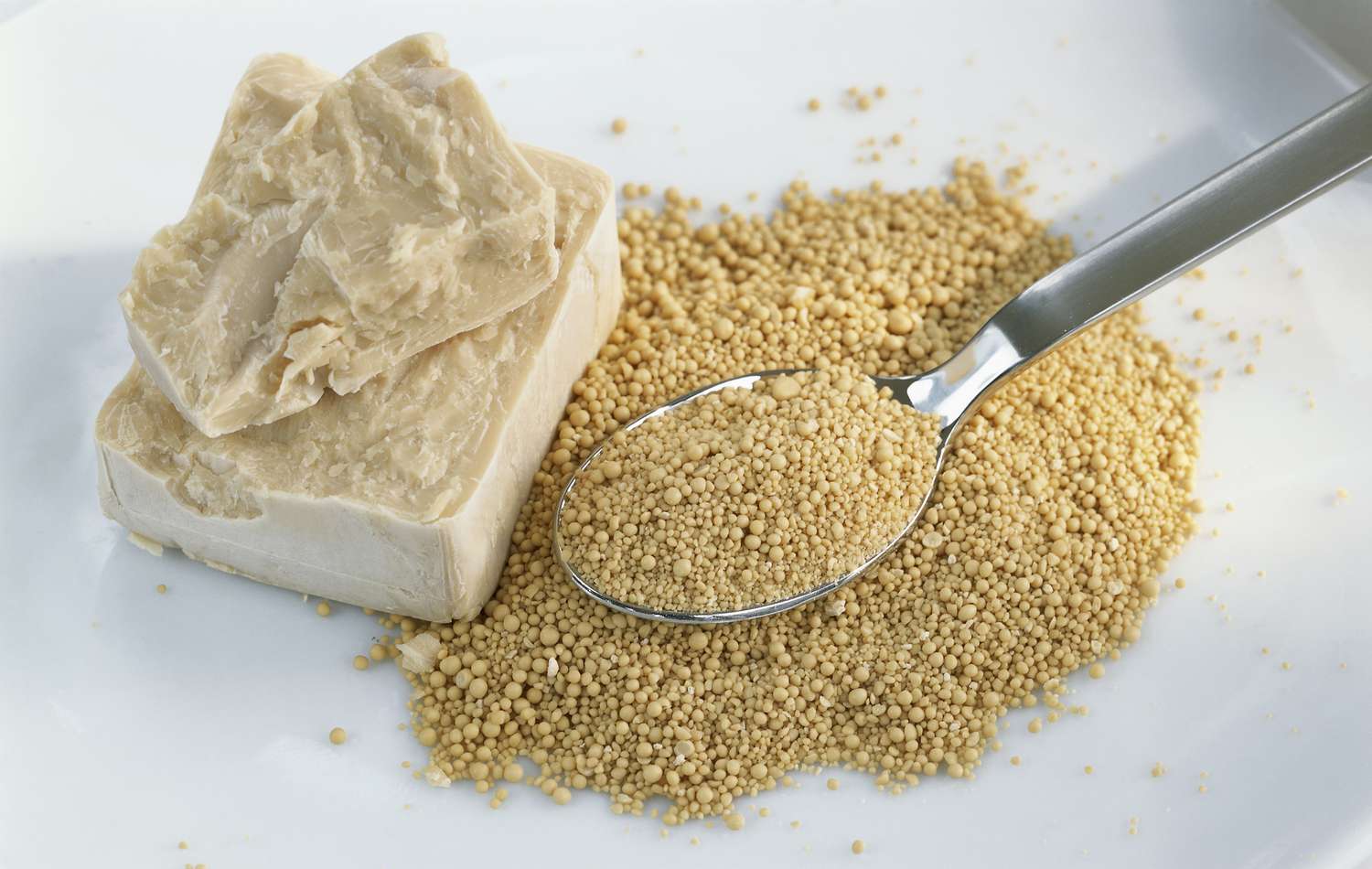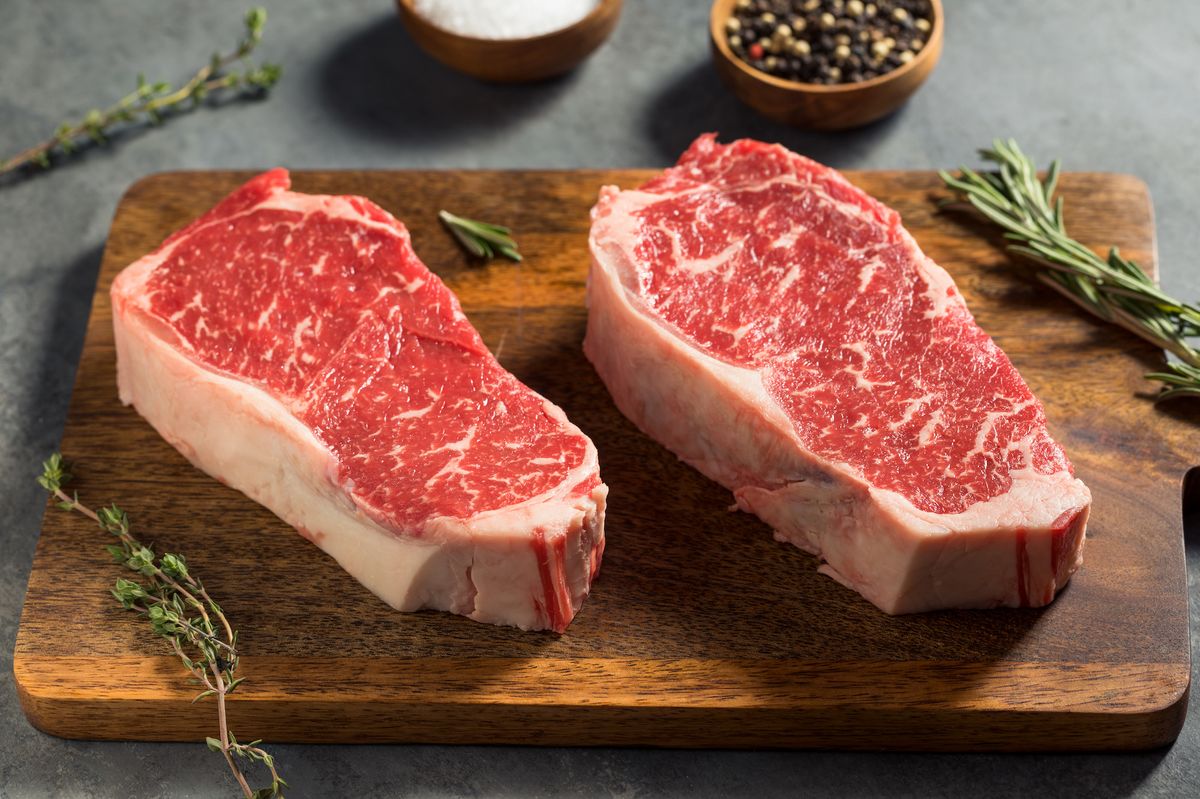When it comes to cheese, there are so many varieties to choose from. One type that has been gaining popularity is whole milk cheese. But what exactly is whole milk cheese, and what sets it apart from other types of cheese? Let's delve into the world of whole milk cheese and explore its characteristics, uses, and benefits.
What is Whole Milk Cheese?
Whole milk cheese is a type of cheese that is made from whole milk, as opposed to skim or low-fat milk. This means that it contains a higher percentage of milk fat, which contributes to its rich and creamy texture. The use of whole milk in the cheese-making process results in a more indulgent and flavorful product.
Characteristics of Whole Milk Cheese
Whole milk cheese is known for its distinct characteristics, which set it apart from other types of cheese:
- Creamy Texture: The higher fat content in whole milk cheese gives it a luxurious, creamy texture that melts in your mouth.
- Rich Flavor: The use of whole milk imparts a rich and full-bodied flavor to the cheese, making it a decadent choice for cheese lovers.
- Versatility: Whole milk cheese can come in various forms, including soft, semi-soft, and hard cheeses, offering a wide range of options for different culinary applications.
Uses of Whole Milk Cheese
Whole milk cheese can be used in a variety of ways, thanks to its rich flavor and creamy texture:
- Cheese Boards: Whole milk cheese is a perfect addition to any cheese board, where its indulgent flavor can be savored alongside other accompaniments.
- Cooking and Baking: Whole milk cheese melts beautifully, making it an ideal choice for cooking and baking. It adds a luscious creaminess to dishes such as macaroni and cheese, gratins, and quiches.
- Pairing: Whole milk cheese pairs well with a range of foods and beverages, from fruits and nuts to wines and beers, making it a versatile option for entertaining or everyday enjoyment.
Benefits of Whole Milk Cheese
In addition to its delicious taste and versatility, whole milk cheese offers several benefits:
- Nutritional Value: Whole milk cheese contains essential nutrients such as calcium, protein, and vitamins, making it a wholesome addition to your diet.
- Satiety: The rich and creamy nature of whole milk cheese can contribute to a feeling of satiety, making it a satisfying snack or ingredient in meals.
- Indulgence: The luxurious texture and flavor of whole milk cheese provide a sense of indulgence, perfect for special occasions or moments of culinary enjoyment.
In Conclusion
Whole milk cheese is a decadent and versatile option for cheese enthusiasts and culinary enthusiasts alike. Its creamy texture, rich flavor, and range of uses make it a valuable addition to any kitchen. Whether enjoyed on its own, paired with accompaniments, or incorporated into recipes, whole milk cheese offers a delightful and indulgent experience for cheese lovers.
Was this page helpful?
Read Next: What Is A Substitute For Seasoned Salt?
